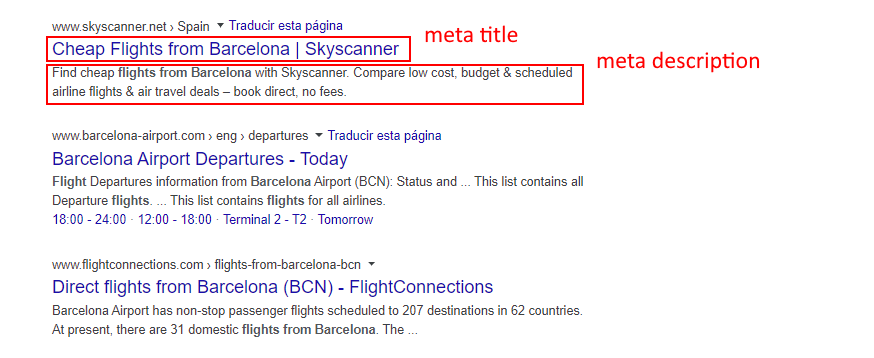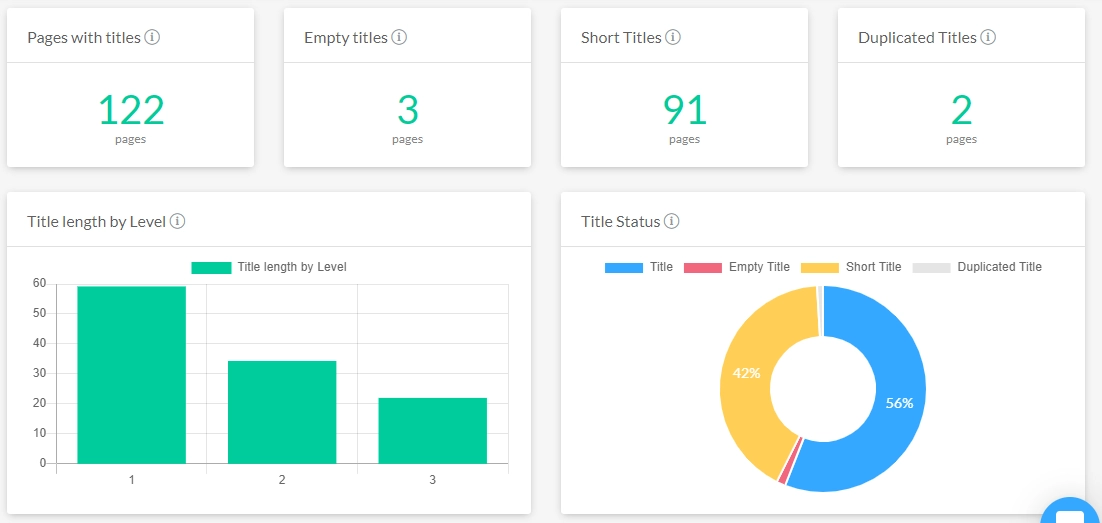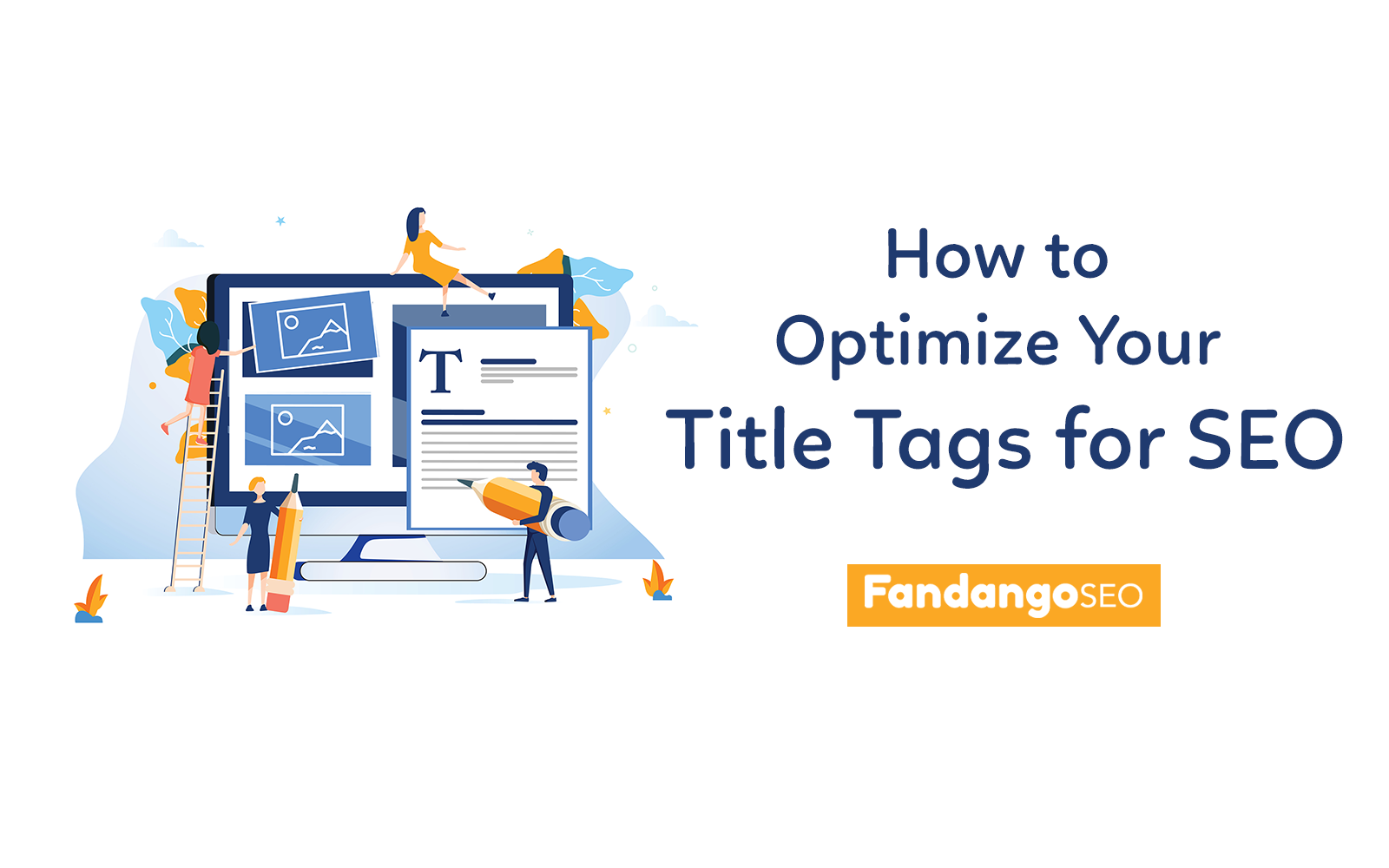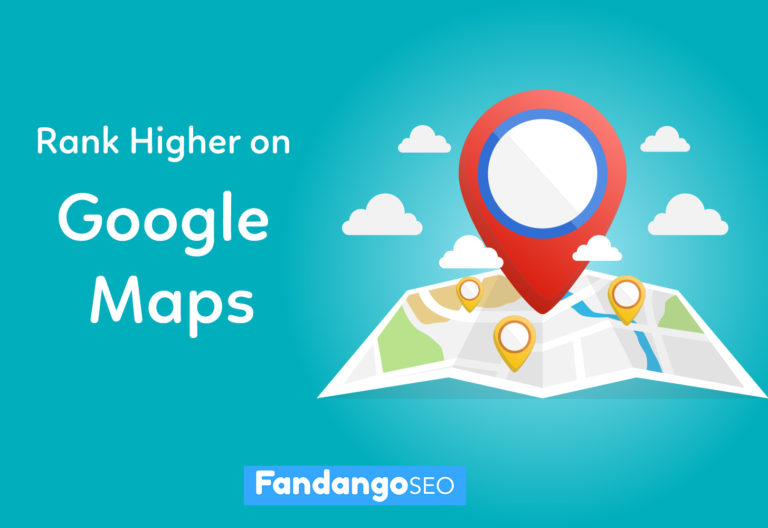The Meta Title Tag, also known as SEO Title, has a direct impact on search results. It tells search engines what the page is about and which are the keywords they should be focusing on.
The meta title and meta description are like a showcase of your website located on the SERP that invites searchers to click on and visit the page. In this sense, they affect the CTRs (click-through rates), which have an influence on the SEO performance and rankings. Therefore, an essential task in SEO is to elaborate effective meta titles and meta descriptions. Here is all you need to know to create the perfect meta title.
What is a meta title tag?
A title tag or meta title tag is an HTML element that defines the content of a web page. It is the clickable title, that appears in big blue letters in the search engine results pages (SERPs), right above the meta description. Together with the meta description, it helps users and search engines to understand what can be found on the actual page. They have a significant influence on the CTR as they can attract users to enter the site or to pass by.

Title tag code sample
In the HTML code usually, it appears like this.
<head>
<title> Your Title </title>
</head>
Where can you find the title tags?
- SERPs
- Browser tabs
- Social media posts
It is essential to keep in mind that title tags not only appear in the SERPs but also in the Website browsers and social media posts when a page is shared. In that sense, you want to create unique titles so that a user can quickly and effortlessly recognize your web page browser tab. Particularly, if the user has lots of open tabs. It should also be an attractive and understandable title for everyone, that makes you want to share.
The optimum length for title tags
Currently, the average number of characters in the title tags that can fit on Google’s SERPs is from 70 to 71 on desktop and 78 characters on mobile.
Google does not specify that title tags should be of a particular measure, but if you make them too long, they can be cut by search engines creating meaningless phrases. In other cases, Google may decide to show other sentences that it considers more relevant to users. Make sure that your titles perfectly communicate the topic of the page. Include high-value keywords performing in-depth keyword research previously. Remember that keywords not only attract visitors to your website but also helps you rank higher on Google. Title tags are an important on-page ranking factor.
How to check your Title Tags
Now that you know the importance of creating good title tags, you’re probably wondering how you can review the ones that already exist on your website. This task may seem laborious, and it is, especially if your site is composed of many pages. In most cases, it is not feasible to review the title tags page by page, as it would involve a great deal of time and resources. Therefore, it is necessary to use a tool such as FandangoSEO for this purpose.

Using the SEO crawler, you’ll automatically obtain information about all your title tags’ actual status. At Content > Meta tags you’ll be able to see if you’ve got any empty title. Of course, you shouldn’t have any as all the pages need a title.
The Crawler also indicates if you have short title tags. There is no big issue with this, but maybe you are wasting the opportunity to add more keywords related to the page. You’ll get a list of URLs with short titles so you can review them at a glance.
The length of the title is something you can also view by page level or by page type so you can get a more in-depth look at the status of your title tags.
Lastly, you’ll see if you’ve got duplicate titles on your website. You must create unique titles for each page as this tells Google how one page differs from another on your site. Having duplicate titles is harmful to your rankings. In the same way as empty or short titles, you’ll get a list of URLs with duplicate titles.
Now you know how to create perfect title tags for both search engines and readers. 🙂 Let us know in the comments below if you’ve got any questions regarding this topic. Also, we would like to hear from you if you can think of any other tips to optimize the meta tags.
Last Updated on October 26, 2022 by Hannah Dango




